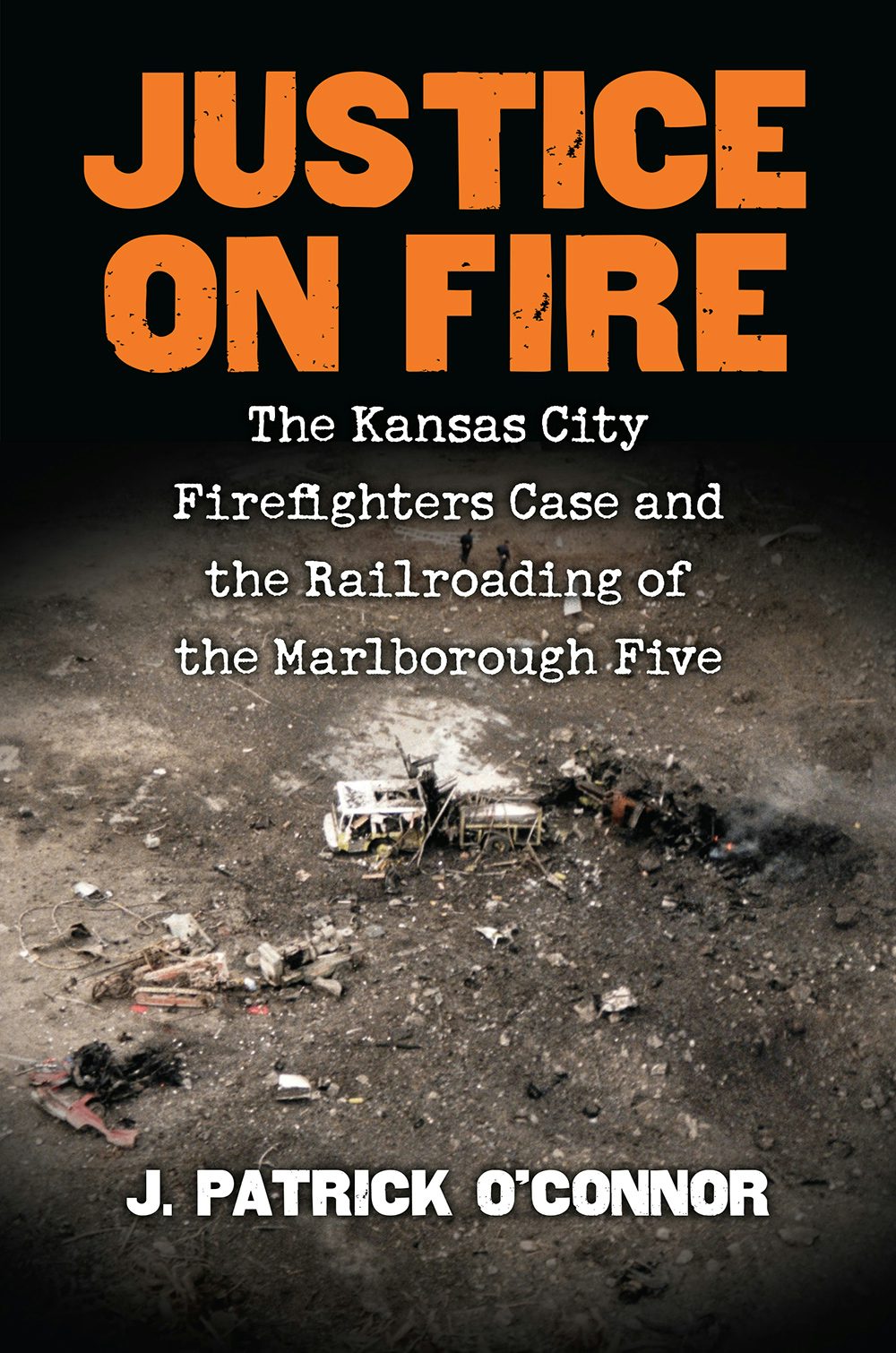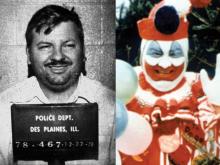Updated 09/19/09

John F. Kennedy and Jackie Kennedy
Despite a 1990s law mandating the release of all JFK assassination-related documents, an estimated one million such CIA records have yet to be declassified. Some of the most critical pertain to CIA agent George Joannides (a.k.a. Walter Newby) who violated the CIA’s pledge that no CIA operational officer from the time of the JFK assassination would work with U.S. House investigators.
by Don Fulsom
FBI Director J. Edgar Hoover and his agents concealed critical evidence about the gruesome murder of President John F. Kennedy in the streets of Dallas in 1963.
A mid-70s conclusion by a Senate Committee headed by Frank Church, an Idaho Democrat, found that the Warren Commission’s investigation of the assassination—conducted mainly by the FBI—“was deficient” and “impeaches the process whereby the intelligence agencies arrived at their own conclusions.”
In 1979, a special House investigating committee concurred—describing the FBI’s probe as “seriously flawed” and “insufficient to have uncovered a conspiracy.”
That committee’s own investigation showed a probable plot to kill the President, a plot likely involving the Mafia and certain anti-Castro groups.
Later, the House panel’s top investigator, Robert Blakey, flatly concluded that organized crime bosses orchestrated the JFK assassination. Blakey identified the key plotters as Mob godfathers Carlos Marcello, Santos Trafficante and Sam Giancana—as well as Teamsters Union president Jimmy Hoffa.
Early in this century, Blakey was astonished to learn that his committee’s work was compromised by the official who served as its chief CIA go-between. That particular spook—George Joannides (a.k.a. Walter Newby)—violated the CIA’s pledge that no operational officer from the time of the JFK assassination would work with House investigators.
Yet newly declassified documents show that, in 1963, Joannides was involved with a CIA-funded Cuban exile group known as the DRE, which had various interactions with Lee Harvey Oswald—Kennedy’s alleged assassin.
This disclosure was so upsetting to Blakey that, in 2003, he blasted his own committee’s finding that there was no CIA relationship with Oswald. He also asserted, "I now no longer believe anything the agency told the committee any further than I can obtain substantial corroboration for it from outside the agency for its veracity."
In addition, Blakey publicly accused the spy agency of failing to cooperate with the Warren Commission’s 1964 investigation into Kennedy’s slaying:
We now know that the agency withheld from the Warren Commission the CIA-Mafia plots to kill (Cuban leader Fidel) Castro. Had the commission known of the plots, it would have followed a different path in its investigation. The agency unilaterally deprived the commission of a chance to obtain the full truth, which will now never be known.
Significantly, the Warren Commission's conclusion that the agencies of the government co-operated with it is, in retrospect, not the truth.
We also now know that the agency set up a process that could only have been designed to frustrate the ability of the committee in 1976-79 to obtain any information that might adversely affect the agency.
Many have told me that the culture of the agency is one of prevarication and dissimulation and that you cannot trust it or its people. Period. End of story.
I am now in that camp.
George Joannides died in 1990, without ever having been quizzed about his knowledge of Oswald's contacts with the CIA-dependent DRE he supervised.
Washington journalist Jefferson Morley has a pending six-year-old lawsuit against the CIA seeking the release of its records about Joannides. But the CIA maintains the release of those files would harm “national security.”
In his latest legal filing, Morley explains why the agency’s Joannides files are so important:
Joannides's duties (in 1963), accordingto my declaration and declassified CIA records, included guiding and monitoring an anti-Castro student exile group which was harshly critical of JFK's Cuba policy.
The group made headlines within hours of JFK's murder by denouncing accused assassin Lee Harvey Oswald as a Castro supporter. The Warren Commission was not told of Joannides's involvement with the group.
Fifteen years later, Joannides served as the agency's liaison to the congressional committee re-investigating JFK's assassination. Congress was not told of Joannides's actions in 1963.
Morley is not the only JFK assassination researcher who has called on the CIA to come clean on Joannides. A group of two-dozen experts of differing opinions about the President’s murder has called on the CIA to stop it’s “stonewalling” on the Joannides files. This group describes the agency’s position as “spurious and untenable.”
In a 2005 letter published in the New York Review of Books, the group maintains, “(The CIA’s) continuing non-compliance with the JFK Records Act does no service to the public. It defies the will of Congress. It obscures the public record on a subject of enduring national interest. It encourages conspiracy mongering. And it undermines public confidence in the intelligence community at a time when collective security requires the opposite.”
The group—which includes Blakey, Oliver Stone and Vincent Bugliosi—adds: “We insist the CIA observe the spirit of the 1992 JFK Assassination Records Act by immediately releasing all relevant records on the activities of George Joannides and any records at all that include his name or relate in any way to the assassination story—as prescribed by the JFK Records Act. The law and common sense require it.”
And the Chairman of the Assassination Records Review Board, federal Judge John Tunheim, bluntly opines that the Joannides case now “shows that the CIA wasn't interested in the truth about the assassination.”
Despite a 1990s law mandating the release of all JFK assassination-related documents, an estimated one million such CIA records have yet to be declassified. When Tunheim’s ARRB— created by that law — went out of business in 1998, it expressed worries that "critical records may have been withheld" from its scrutiny. The board said it clearly did not secure "all that was 'out there.'"
Perhaps President Obama’s 2009 directive aimed at reforming classification and declassification practices will hasten our knowledge of key JFK assassination secrets. But don’t bet on it.
Obama’s order would establish a “National Declassification Center” to streamline the process of clearing previously sensitive national security information. Politico observes that, “Democratic presidents have generally had orders calling for lower or no classification in cases of ‘significant doubt,’ while Republicans have held to a stricter standard.”
In an interview with Politico’s Josh Gerstein, declassification expert Steven Aftergood says that when “such a provision was in place in the past, it has not made a difference because classifiers do not suffer from doubt. That’s empty rhetoric, but it shows (the Obama team’s) intentions are good.”
Good intentions frequently fail to meet their goals. So it could still be a long time before we learn the complete truth about America’s greatest political murder mystery.
--------------------------
Sources: “Frontline,” PBS.com; History-Matters.com; MaryFerrell.org; TPM.com; The FIOA Blog; Spartacus Educational Web site; Politico.com; WashingtonPost.com; Ultimate Sacrifice by Lamar Waldron








